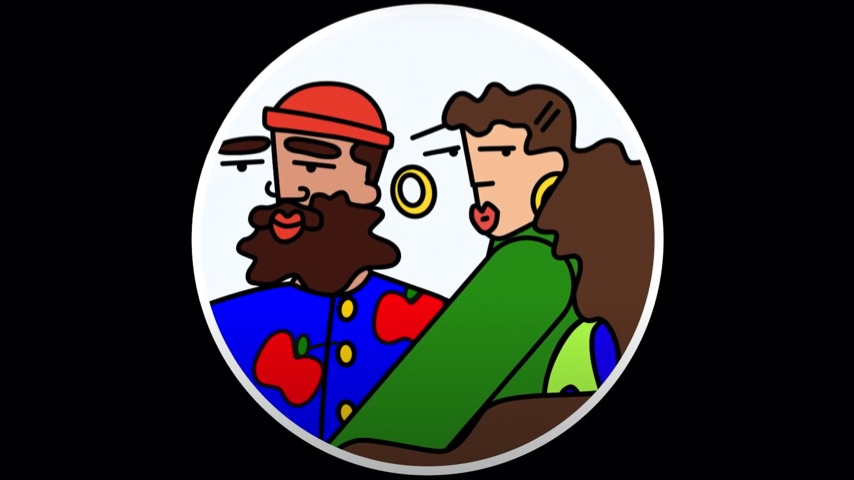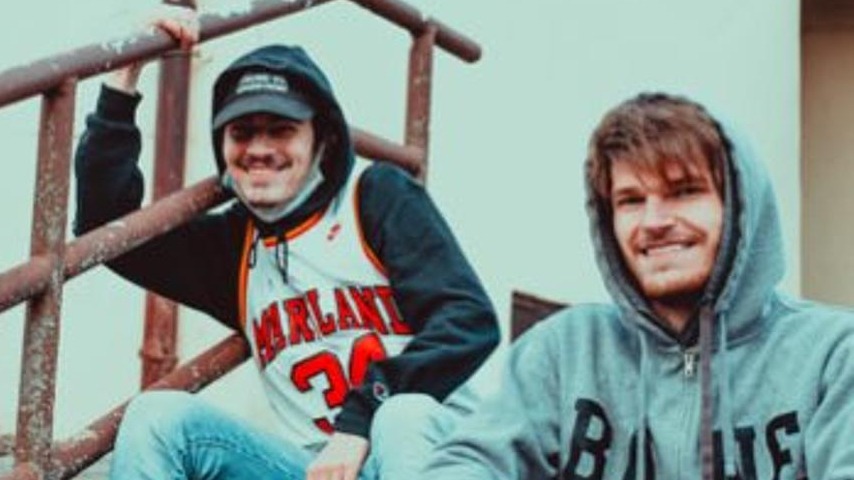In times of crisis, we tend to look up in search of something bigger—or inward in search of something meaningful. Some are clinging to religion in the wake of this ongoing catastrophe; others, to an only slightly more pragmatic hope that if we all do the right thing, this will blow over in due time. Prayers and pleas construct the national headspace right now as we grapple with an eerie new reality.
But I prefer to set my gaze upon something much more tangible than prayer: country music—though the two are not mutually exclusive. In fact, prayers can very often take the form of a forlorn fiddle medley, an assembly of chords or a folk song. There are few people who understand the intersection between faith and music better than Dolly Parton—officially the only thing we as Americans can all agree on (besides, hopefully, that we all need to stay inside right now). Most people know her as the patron saint of Dollywood, the writer of such international hits as “I Will Always Love You” and an unrelenting spreader of goodwill. Those of us who are a little closer to her lengthy discography know that she is full of much more wisdom than even her steady public persona lets on.
If you’re holding onto the hope that this disaster is temporary—that before we know it, we’ll all be seated on the outside patios of our favorite restaurants with rosés in hand, those days of social separation a far-off memory, so distant we might even swap a chuckle upon remembering our silly work-from-home stations and daily therapy walks—Dolly Parton’s 1977 tune “Light of a Clear Blue Morning” could be your favorite new song. As cheesy as this may sound, it’s the joyful, hopeful, forward-facing music we need right now.
“Tune” isn’t even the right word for this track, which opens Parton’s 1977 album New Harvest…First Gathering (her 18th studio album, and her first self-produced effort)—clearly inspired by the hearty, gospel-inspired soul of ’60s and ’70s icons like Aretha Franklin and Nina Simone. “Hymn” is a much better descriptor for “Light of a Clear Blue Morning.” After a gentle piano intro, the song begins, “It’s been a long dark night…” Check—and we’re still in it. “And I’ve been waiting for the morning,” Dolly continues. Time is an illusion now, but OK. “It’s been a long hard fight.” You’ve got that right. “But I see a brand new day dawning / I’ve been looking for the sunshine / I aint’ seen it in so long,” she sings, before adding: “But everything’s gonna work out just fine / And everything’s gonna be all right / That’s been all wrong.” I like the sound of that!
Call me a hopeless optimist, but we don’t really have any other option right now than to fix our sights on the day when we can all dance in the sunshine of that new morning together—and take it day by cloudy day in the meantime. After that meandering first verse, Dolly erupts into a buoyant chorus:
“’Cause I can see the light of a clear blue morning /
I can see the light of a brand new day /
I can see the light of a clear blue morning /
Oh and everything’s gonna be all right /
It’s gonna be okay.”
A gospel choir sings jubilantly, claps, snaps and organ sound off from every direction and all memory of dark, stormy, lonely nights is temporarily forgotten. Whether you’re spiritual or not, it’s hard to listen to this song and not feel something, anything, some tiny glimmer of hope. That’s not necessarily some higher power—that’s the power of Dolly, and country music, of course.
The rest of this record sticks to the same message of joy. Dolly spins her own version of the raucous bluegrass standard “Applejack,” rejoices in the knowledge that—no matter what—someone, somewhere loves her (you!) on “How Does It Feel” and sings a gender-neutral version of The Temptations’ classic “My Girl” backed by another gospel group. If you haven’t already, you’ll melt upon hearing the album’s final song, “There,” a simple but beautiful rumination on what awaits us in heaven. Hearing this album after being stuck inside for so long—as spring furiously blooms just outside my window—managed to send me into a hopeful tizzy and simultaneously wreck me to my core.
Our generation has our own version of Dolly’s uplifting “Light of a Clear Blue Morning” carol: “Rainbow,” by Dolly’s rightful successor and generally beloved country singer Kacey Musgraves. In an opposite maneuver from Dolly’s album, “Rainbow” closes Musgraves’ 2018 album Golden Hour, a similarly hopeful slice of country music that I imagine is bringing many people some familiarity right now (including one former Paste contributor Ilana Kaplan, who opined on the record for the L.A. Times’ list of quarantine-comfort-music). “Rainbow” is technically more of an all-weather confidence booster, but it’s hard not to apply it to current events when Musgraves gently sings “It’ll all be alright” over and over.
I recently enjoyed an essay by Harling Ross that called for more personal writing on today’s internet (and I do mean today’s internet, as in the internet of right this minute, because who the heck knows what next week’s web will look like, or even tomorrow’s), and I immediately began mulling on what pile of words I could bring to the table right now that might also provide readers a dose of delight. Country music seemed like a safe bet, and the fact that Dolly’s New Harvest…First Gathering feels scarily applicable to our uncertain moment definitely helped move things along. So I hope you turn up “Light of a Clear Blue Morning,” or “Rainbow,” or whatever song/album is getting you from one hour to next, as loud as you can, and focus on the other side of this debacle. As we keep spinning around in what can feel like a never-ending cyclone of fear and unease, I’ll be training my ears to hear what Dolly has been reminding us for decades: Everything will eventually be OK.
Ellen Johnson is an assistant music editor, writer, playlist maker, coffee drinker and pop culture enthusiast at Paste. She occasionally moonlights as a film fan on Letterboxd. You can find her yapping about all the things on Twitter @ellen_a_johnson.




